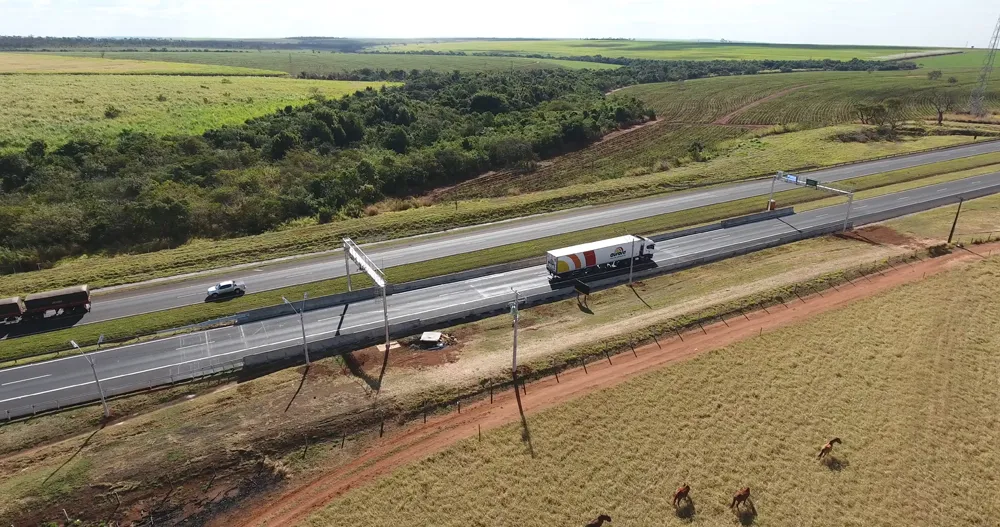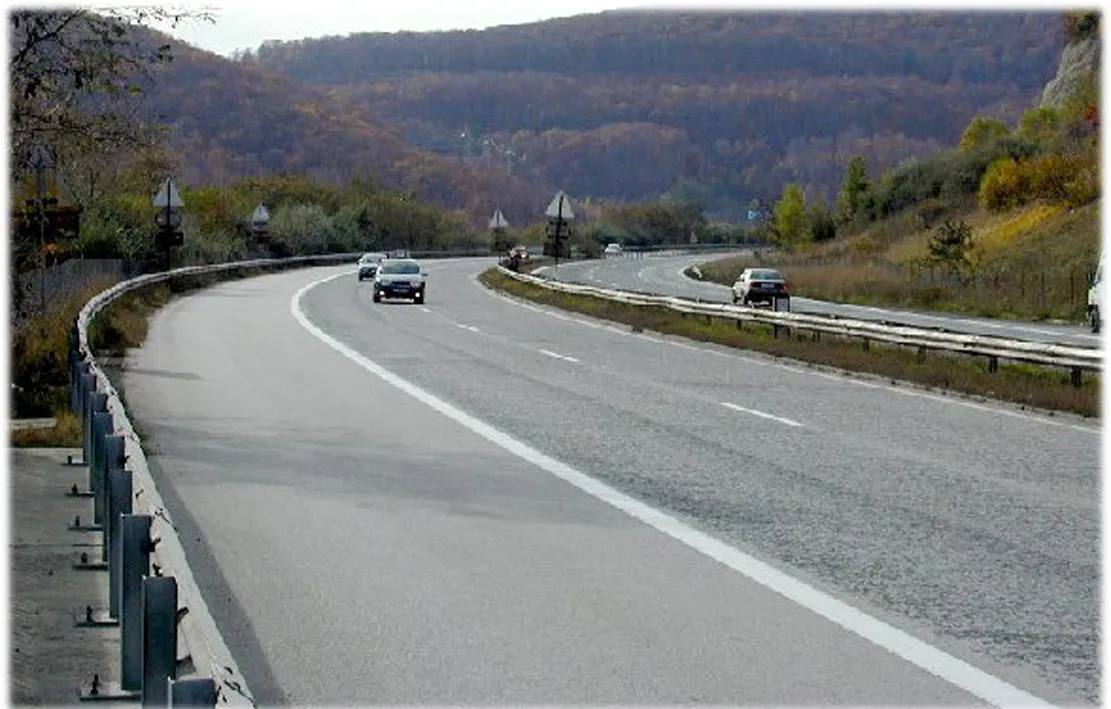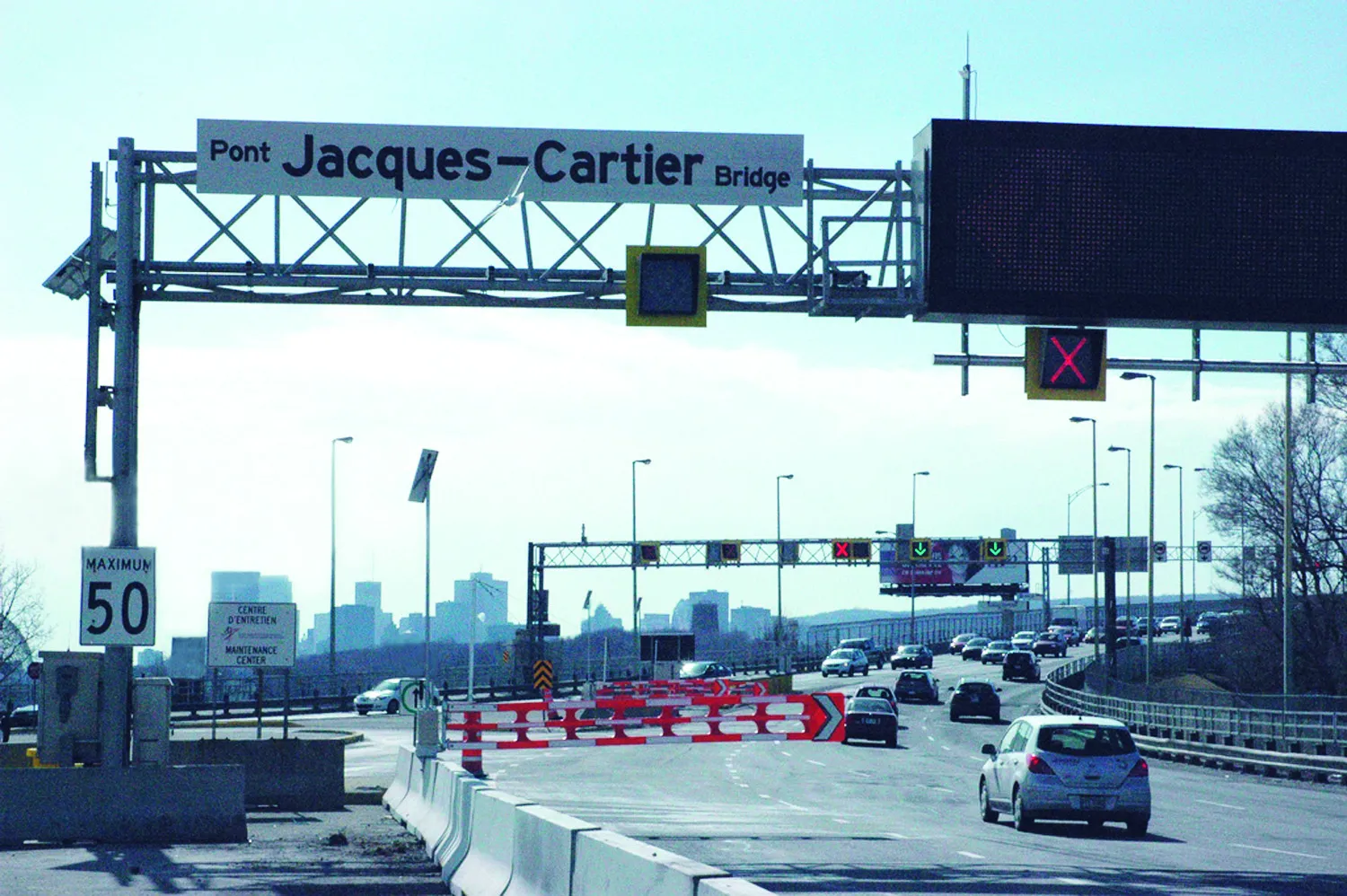The US state of Illinois has issued a Request for Information to develop a plan with private investors for the US$425 million Interstate 55 Managed Lanes Project.
The public-private partnership project could serve as a model for rebuilding state roads and bridges,” said Illinois transportation secretary Randy Blankenhorn.
Responses from the RFI are due by September 8, ahead of one-on-one meetings with potential private partners on September 20-21.
A written statement from the department of transpor
August 16, 2016
Read time: 2 mins
The US state of Illinois has issued a Request for Information to develop a plan with private investors for the US$425 million Interstate 55 Managed Lanes Project.
The public-private partnership project could serve as a model for rebuilding state roads and bridges,” said Illinois transportation secretary Randy Blankenhorn.
Responses from the RFI are due by September 8, ahead of one-on-one meetings with potential private partners on September 20-21.
A written statement from the department of transportation said that feedback from will help create criteria and an overall plan to design, build, operate and maintain the managed lanes on I-55 if the project is pursued as a P3. The project would add a tolled express lane to the expressway’s existing median between Interstate 355 and Interstate 90/94, reducing congestion and making travel throughout the region more efficient.
The 40km stretch accommodates 170,000 vehicles a day, with about 15%, “making it one of the most important commuting and freight corridors in the state”, the statement said. Construction cost is estimated to be around $425 million, the statement said.
Earlier this month, the project was given environmental approval by the Federal Highway Administration.
The public-private partnership project could serve as a model for rebuilding state roads and bridges,” said Illinois transportation secretary Randy Blankenhorn.
Responses from the RFI are due by September 8, ahead of one-on-one meetings with potential private partners on September 20-21.
A written statement from the department of transportation said that feedback from will help create criteria and an overall plan to design, build, operate and maintain the managed lanes on I-55 if the project is pursued as a P3. The project would add a tolled express lane to the expressway’s existing median between Interstate 355 and Interstate 90/94, reducing congestion and making travel throughout the region more efficient.
The 40km stretch accommodates 170,000 vehicles a day, with about 15%, “making it one of the most important commuting and freight corridors in the state”, the statement said. Construction cost is estimated to be around $425 million, the statement said.
Earlier this month, the project was given environmental approval by the Federal Highway Administration.









